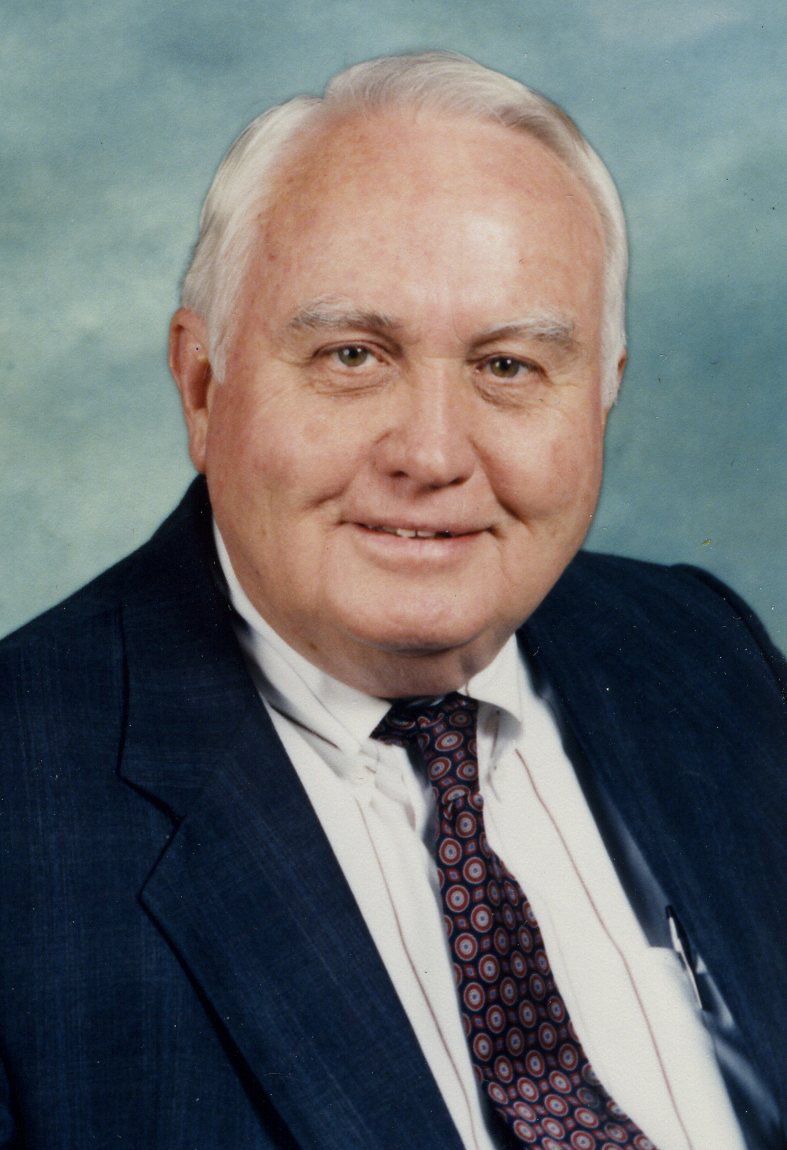Tennessee's judiciary has been blessed over time with some outstanding jurists, yet few have labored as fruitfully or as long on the bench, or earned as much respect and acclaim among their peers as Judge Herschel P. Franks. His illustrious career began when he was appointed Chancellor of Chancery Court here in 1970, and was capped by his long tenure as the presiding judge of Tennessee's Court of Appeals, to which he was appointed in 1978. Alas, his service will soon end. Judge Franks, 83, announced Wednesday that he will retire on Dec. 31.
Franks is presently Tennessee's longest serving judge, He may also be the longest serving state judge in Tennessee's history; the record is being checked. More to the point, he is regarded as among the best of the state's judges.
Franks established his judicial leadership early in his career. In one notable Chancery Court case, Franks ruled that the Tennessee Constitution's provision barring ministers from serving in the Legislature and as delegates to state constitutional conventions violated ministers' civil rights under the U.S. Constitution.
His unpopular ruling overturning the exclusion of ministers to those positions came in response to attorney Selma Cash Paty's lawsuit to oust her opponent, Chattanooga Rev. Paul McDaniel, from the slate of candidates in the election of delegates to the state's 1977 constitutional convention. Paty appealed Franks' decision to the state Supreme Court, which promptly overturned Franks' ruling on a 5-0 vote. McDaniels appealed that reversal to the U.S. Supreme Court, which accepted his case, and -- vindicating Franks' ruling -- overturned it on a 9-0 vote.
That decision illuminated Franks' legal acumen and professional courage. It also launched Rev. McDaniels' subsequent service as a local civil rights leader and his long tenure in county government, which under the constitutional convention's reform jettisoned the white-only, five-member, elected-at- large County Council and replaced it with a district-based County Commission to provide equal representation for minorities.
In another widely watched Chancery Court case in the same time frame, Franks overturned traditional medical standards here for keeping alive patients in an irreversible vegetative state by tethering them to machines that doctors commonly refused to unplug. Despite fierce opposition from the Tennessee Medical Society, Franks ruled that Della Dockery's family had the right, given the circumstances, to insist that she be allowed to die.
His ruling came against the backdrop of a similar national controversy involving Karen Ann Quinlan, whose family tried for years to unplug her from life-supporting machines. Though Dockery died before the Tennessee Medical Society's appeal could be decided, his ruling helped propel the national movement for living wills and establishment of right-to-die laws. Though now a standard, we forget how novel those laws were at the time. Quinlan, for example, didn't die until 1985.
As a Chancellor with probate jurisdiction, Franks also saw the need for, and authored, what became known as the "Small Estates Law." To support and elevate judicial education, he also authored the act that established the Tennessee Trial Judges Association. Franks, who served in the Air Force during the Korean War, represented state trial judges in other venues.
As an appeals court judge, he also has been called to sit numerous times as a Special Justice on the Tennessee Supreme Court. It's become axiomatic that had he been a Republican, he would have been appointed to the state Supreme Court years ago. He's certainly won the kudos: He's received the Tennessee Bar Association's Justice Frank F. Drowota Outstanding Judicial Service Award, and the Chattanooga Bar Association's Foundations of Freedom Award.
Those who know Franks treasure his wit, humor and gracious demeanor as much as his keen intellect and insight, into law and life. His meritorious service has set a standard that few achieve. He justly deserves an enjoyable retirement.

